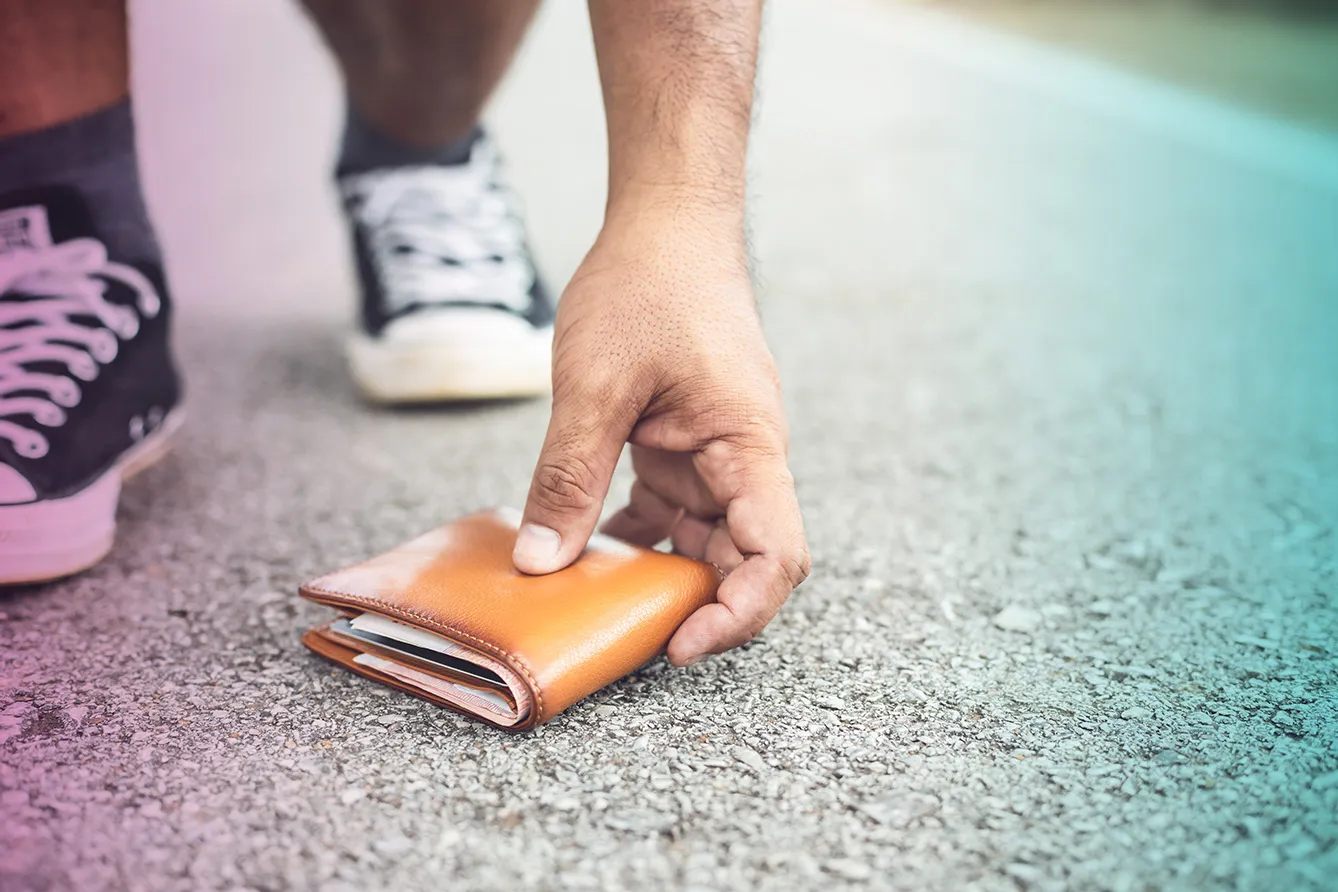Who among us hasn’t ever entertained the thought that it would be nice to find a wallet stuffed with money that we could keep – especially if there were no consequences. Hey! Finders keepers, right? On the other end of the spectrum is the belief that “opportunity makes a thief.”
However, things are actually better than most would expect. As developed societies, we tend to be honest in situations where we could gain at someone else’s expense. In a world grappling with moral dilemmas and ethical challenges, the concepts of civil honesty and the extent to which individuals prioritize self-interest versus selfless honesty have gained significant attention. A global research study set out to investigate this very phenomenon by examining people’s behavior in the context of returning “lost” wallets. This study sheds light on the state of honesty across different countries, providing insights into the role of materialism and the prevailing attitudes toward selflessness in contemporary society.
The experiment
The research team visited 355 cities in 40 countries and, for scientific purposes, “lost” 17,303 wallets. To make it more of a challenge, some wallets contained a small sum of money (varying amounts adjusted to the purchase power and economic realities of the chosen countries for the experiment), while others did not. However, each wallet included business cards, a key (e.g., to an apartment), a shopping list in the appropriate language for the country, and a contact email address unique to each wallet.
The practical part of the experiment took place in locations such as banks, stores, police stations, and government offices. It proceeded as follows: A researcher, either a woman or a man, approached a person who, by nature, was in charge of that particular place. Usually, it was a receptionist, a salesperson, a supervisor, or an officer on duty. The researcher approached them with a “lost” wallet and asked them to take care of it because they didn’t have time, saying, “Maybe someone will come forward.” The person taking the wallet could essentially count on complete anonymity in this situation, thus facing no consequences if they kept the wallet for themselves. Then the researchers had to wait for an email from the person to whom the wallet was given.
What happened?
This is the most interesting part. In all the countries included in the study (except for Mexico), more wallets containing money were returned than those without cash. How can we explain this? Perhaps it’s due to a sense of responsibility and empathy. It would be a very positive signal regarding the moral state of societies if we feel obligated to overcome laziness and help when there’s a real value at stake, someone else’s loss.
Ladies and gentlemen, I am pleased to inform you, readers of 3 Seas Europe, that three nations from Central Europe got in the top ten (out of 40) most honest societies: the Czechs ranked 6th, while Poles ranked 8th and Croats ranked 10th. Romanians also ranked quite high, ranking 13th.
Or maybe the amounts were too small to risk potential accusations of theft (because, contrary to popular belief, “finders keepers” doesn’t mean it’s not stealing)? To test this, the researchers selected three countries (Poland, UK, USA) and “lost” wallets with a substantial amount of money this time.
What happened? As in the previous study, the number of wallets returned with a large sum of money remained similar to those with smaller sums. Among these three countries, Poles were the most honest, although the number of returns in the UK and the USA was not much lower.
The conclusion
This study has shown us that we are perhaps far more honest as a society than people might expect. It also disproves certain stereotypes and the belief that people are solely driven by self-interest. Did I need such a study to know this? I have personally witnessed unwavering honesty among finders, even when it involved significant amounts of money.
And I will never forget my German friend who, after a splendid evening at a restaurant by the Polish seaside, was convinced that Poles had robbed him and openly expressed his accusations. The next day, in the same restaurant, the waiter brought him his lost wallet with its contents intact.







